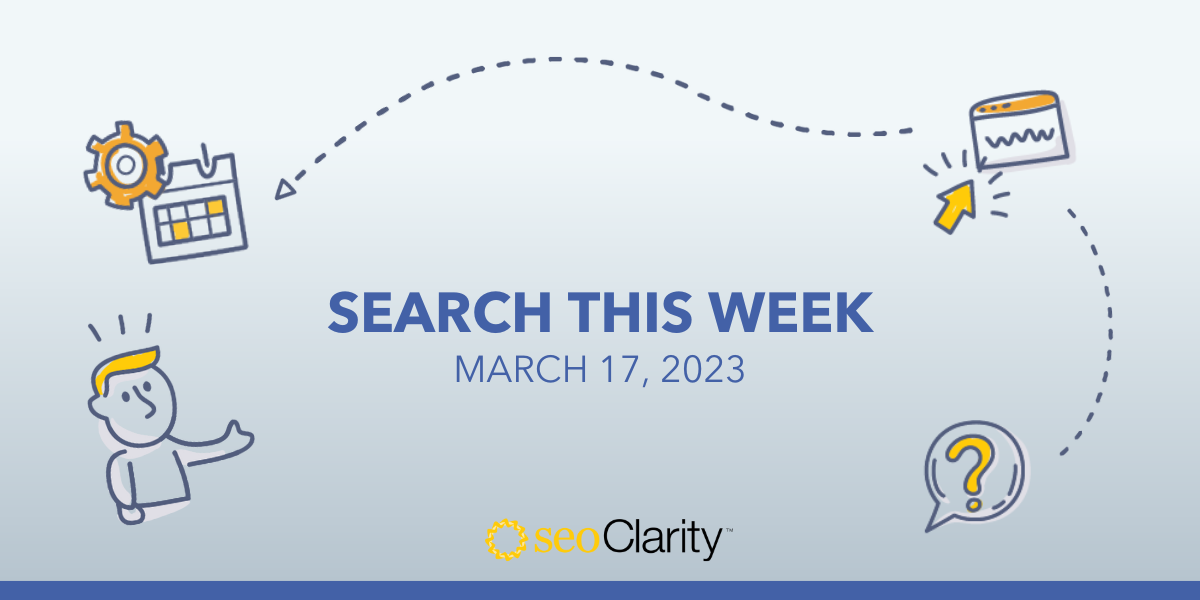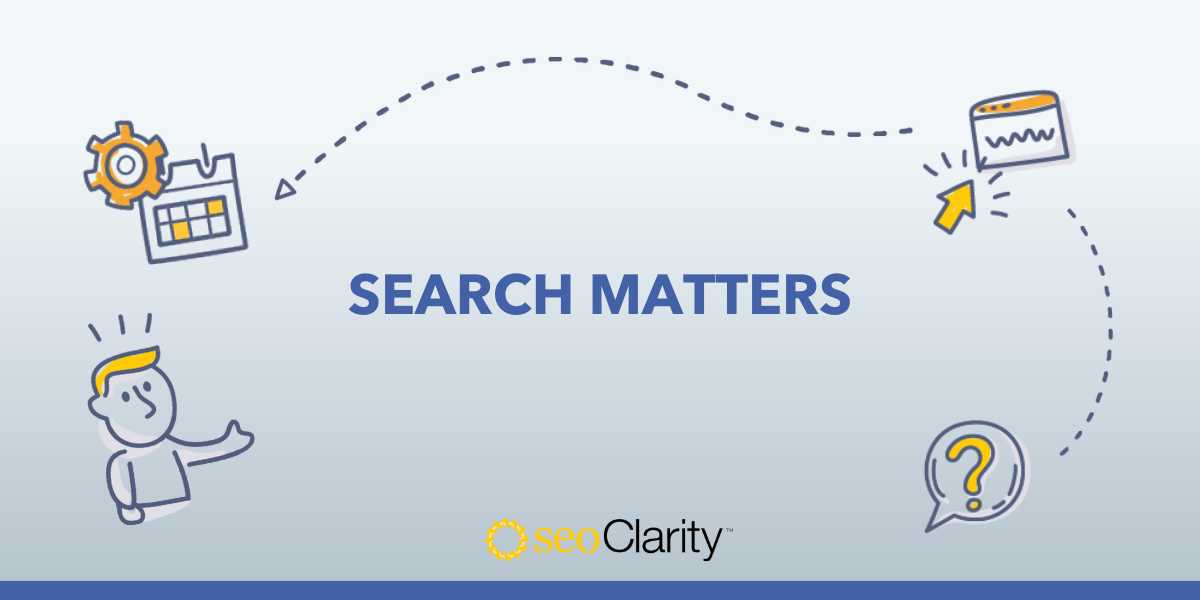To manage the sites of numerous clients and all subsequent SEO efforts efficiently, digital marketing agencies need the right SEO software and resources.
Below, we've listed the most essential types of SEO tools that digital marketers should consider using to inform and scale their SEO strategy.
To compare SEO software side-by-side, look at our SEO tools comparison page.
Why Do Digital Agencies Need SEO Tools?
Agencies need tools for a variety of reasons:
- Scaling processes
- Saving time
- Automating procedures
- Obtaining more clients
- Reporting on client progress
The list could go on!
In a field as complex as SEO, tools are simply required to get the job done. In this rapid world of technology and search engine advancement, imagine doing a digital marketing task manually!
Not only would it take an extraordinary amount of time, but you’d quickly fall into a cycle of playing catch-up. These tools allow for quicker (and more efficient) task completion in a variety of areas:
- Technical SEO
- Backlink Analysis
- Rank Tracker (Keyword Performance)
- Site Analytics
- Keyword Analysis
- Keyword Research
Types of SEO Tools Digital Agencies Should Consider Using
These are the tool types that can help you succeed with your work at your digital agency.
1. Site Crawler and Audit Tool
At the base of all SEO endeavors in usability. Without a site that runs properly, hardly anything else can be implemented to bring good amounts of traffic to the site.
And this is precisely why an agency needs a powerful site crawler with audit capabilities. You need to be able to locate errors from that usability standpoint.
I used a crawler primarily to find webpage status codes: OK, 301, 404, etc. When I had an understanding of different response codes, I could recommend to clients that they change their internal linking structure, or fix any outstanding issues.
Recommended Reading: The Best SEO Audit Checklist to Boost Search Visibility and Rankings
But you can do other useful things with crawler and audit technology, too.
Of course you want to draw more traffic to your clients’ sites, and one major part of this is having enticing meta tags.
With a proper crawler, you can find current meta tags and analyze them for re-optimization.
Plus, find out if meta title or description is under character limits. CTR most certainly will not increase if your metadata is truncated in the SERPs and users don’t fully know what they’re clicking on.
Recommended Reading: SEO Tools: The 13 Best Site Audit and Crawler Tools
2. Backlink Analyzer
A backlink analyzer allows you to discover the domain and page authority of clients’ websites.
Let me offer you some use cases on why conducting backlink analysis is so critical. If a domain authority was low, then recommendations could be made to the client on appropriate next steps.
If toxic backlinks were found (which is actually quite common, and not always a result of your link building strategy), they could be disavowed.
And a backlink analysis goes beyond authority and spam links. It also analyzes the anchor text used in those instances, which can clue you in to further insights on behalf of your clients.
Speaking of insights, there are a ton of recommendations you can make to clients based on the data you pull from your backlink analysis tool (sometimes referred to as a backlink checker).
You can learn more about follow vs. no follow links and really dig into the backlink data profile.
Plus, analyze which links have been gained, and which have been lost.
3. Keyword Rank Tracker
You need to have a deep understanding of your clients' performance metrics (especially their positions on the SERPs), and this is where rank tracking comes into play.
Google Search Console is a great tool for understanding user demand via the data analysis, and offers insights into how sites perform overall.
I’ve used this tool as a rank tracker, and to find impressions, traffic, and other metrics for my clients’ target keywords. Essentially, GSC dashboards tell you how the website is performing for different keywords over a set time period.
With Google Search Console, all the data (impressions, click-through rates, etc.) for the last 90 days is available.
Recommended Reading: The 12 Best Keyword Rank Trackers to Monitor SEO Performance
4. Site Analytics
Google Analytics is the powerful tool for analytics. It's really a use-it-every-day marketing tool. If you’re not using it, go set up your account now!
It’s the go-to tool for discovering how a website is performing. Uncover insights like traffic, new users, repeat users, bounce rate, time spent on page, page popularity, and paid media performance.
All of this is beneficial to your SEO reporting.
The metrics that it offers can be turned into benchmarks for your clients’ site performance in the future, and used to compare performance to other websites in the same industry that are similar in size.
For example, over a certain period of time, did your client’s site receive more traffic than the competition? Use this data to analyze the situation and plan optimization opportunities for the future.
TIP: With the seoClarity platform, you can integrate both your GSC and GA accounts to pull in the data and perform granular analysis.
5. Keyword Analysis
A keyword analysis tool gives you a domain overview, including aspects like organic vs. paid media keyword data, search volume, keyword difficulty, and CPC.
It's a great way to see the deeper insights for certain keywords that you track or want to track.
6. Keyword Research
Content is arguably the most important aspect of search engine optimization (after you have proper usability, of course!).
But in order for your clients to create the most relevant, authoritative content to draw in searchers, there has to be thorough keyword research.
Google’s Keyword Planner is a great tool to get this done.
You’ll need a Google Ads account (since it’s a Google Ads tool) but even though it’s a tool centered around paid search, it allows you to find target keywords to begin new projects.
Filter abilities allow for a good amount of specificity, too, so you can form the right campaign around the right keywords for your clients.
Recommended Reading: The 14 Best SEO Keyword Research Tools
An All-Purpose SEO Solution
Before I show you the various tools that I used during my time at agencies, let’s cover all-purpose solutions: SEO platforms.
SEO platforms cover the entire organic search lifecycle. They are robust solutions that offer insights into ranking, content marketing, technical SEO … essentially the list above (and more).
seoClarity is one of the SEO platforms on the market, offering a variety of features that makes it the SEO solution for digital agencies.
Whether your clients need help with content writing (we have an AI-driven content optimizer) or need to solve technical issues (our built-in crawler can analyze sites upward of 48 million pages) there is a solution built into our platform.
This means that all of your data stays centralized in one space, and multiple dashboards can work together to tell various search-related stories.
To get a taste of our platform's data set, experiment with our  . Enter any domain or URL and uncover the performance of that site.
. Enter any domain or URL and uncover the performance of that site.
It's great for uncovering the true performance of competitors, as well as building your ideal keyword portfolio.
With a variety of pricing options, including an Agency-specific package that includes all the key elements of an SEO suite and unlimited agency platform users, we’ve helped a variety of agencies help their clients.
But I also want to help you make a decision on which SEO solution is the best for you.
In terms of all-encompassing platforms, my colleague put together a list of the best SEO platforms out there.
If you think a more specialized tool is more ideal for your agency, let’s dive into that list of those that you'll need.
Conclusion
From my work in a digital marketing agency, these tools helped me offer the best possible recommendations to my clients. They can help you, too!
They are truly capable of getting their individual tasks done. You may even benefit from various free SEO tools.
I do want to re-emphasize a large benefit of an all-inclusive solution: centralized data that’s housed under one roof.
All-purpose solutions also tend to offer more support and resources. Our platform users have access to an internal knowledge base with specific tutorials and guides on our platform and SEO concepts.
Non-clients can still access the our Learning Center, as well as the variety of guides we have available.
To see how your clients can benefit from the power of an SEO platform, schedule a demo and we'll give you a tailored demonstration of its capabilities.









Comments
Currently, there are no comments. Be the first to post one!